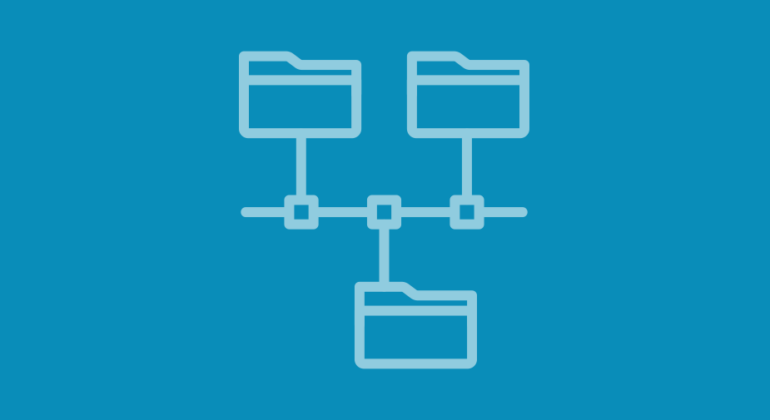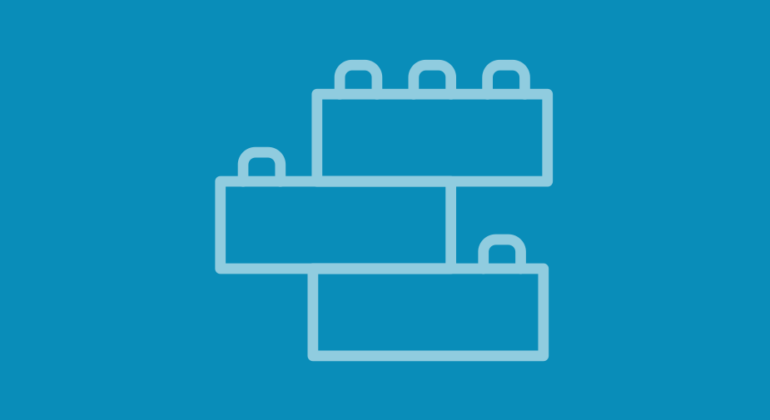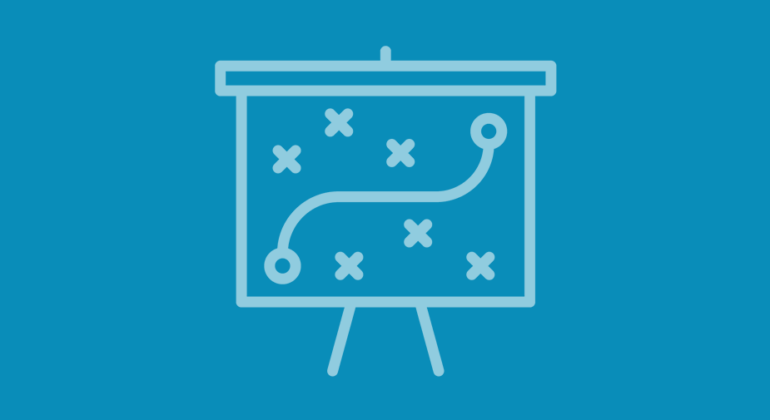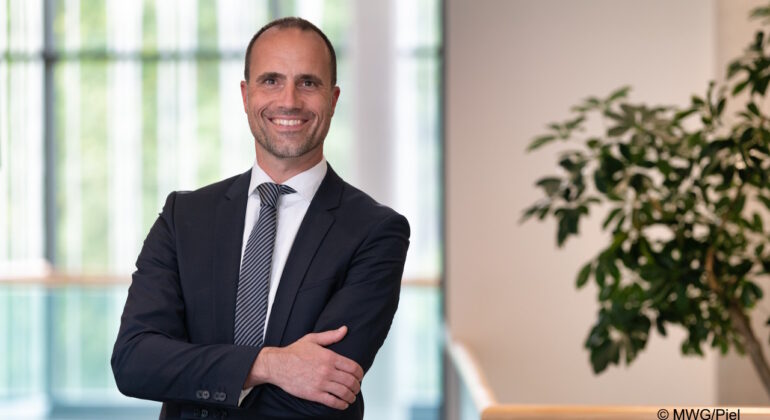At the beginning of July 2022, the German Council of Science and Humanities published the comprehensive paper with recommendations on digitisation in teaching and studies. It clearly addresses the great potential of digitisation to improve the quality and flexibility of teaching. The Federal Government and the Länder are called upon to establish a cross-Länder infrastructure with a focus on open educational materials (OER). In this way, teaching and learning materials can be shared and further developed across university and state borders with legal protection. The cooperation network KN-OER, an association of seven federal states with their platforms, is addressed here:
- Baden-Württemberg: Central Repository for Open Educational Resources (ZOERR)
- Hamburg: Multimedia Kontor
- Hesse: HessenHub
- North Rhine-Westphalia: Open Resources Campus NRW (ORCA.nrw)
- Rhineland-Palatinate: Virtual Campus (VCRP)
- Saxony: Education Portal
- soon also Thuringia: eTeach Network
With OER, teaching and learning materials can be used free of charge, adapted to one’s own needs and disseminated further. Access to education is considerably simplified through OER and lifelong learning is also possible independently of formal education programmes. Free access means that materials can be effectively checked for their quality.
With a special search index for OER, those materials that best fit one’s own requirements can be identified from the abundance of available materials. The state portals are committed to ensuring that materials are not only available in the long term, but that they can also be easily updated. In this way, collections of OER materials can be built up that are particularly relevant for basic subjects.
In order to use the potential of OER more comprehensively than before, work is being done on the interoperability of the platforms. For example, in North Rhine-Westphalia and Rhineland-Palatinate, work is being done on the technical connection of the state portals ORCA.nrw and OPENEDU-RLP with the platforms of the universities. This enables teachers to integrate OER from the state portal into their courses in a low-threshold manner.
The development of the cross-Länder OER infrastructure requires not only human but also financial resources, which have so far been distributed very unevenly across the Länder. From the perspective of higher education teaching, a further alignment or harmonisation of conditions is a central educational policy goal. With an infrastructure fund for OER repositories and interfaces, the federal government could support in the sense of the subsidiarity principle. Following on from the BMBF-funded “OER-Info” programme, a nationwide service and information centre could coordinate and make visible the state of knowledge and development on OER in higher education.
Contact person:
PD Dr. Markus Deimann
Management
Office of the State Portal ORCA.nrw
Location: Ruhr University Bochum
O-Werk
Suttner-Nobel-Allee 4
44803 Bochum
E-mail: Markus.Deimann@ruhr-uni-bochum.de
Phone: + 49 (0) 234/32-26143
Dr. Konrad Faber
Management
Virtual Campus Rhineland-Palatinate
Erwin-Schrödinger-Str. Building 57
D-67663 Kaiserslautern
E-mail: faber@vcrp.de
Tel: +49 (0) 631/205-4948





